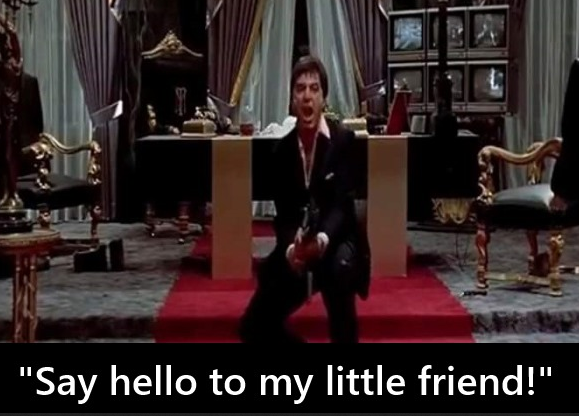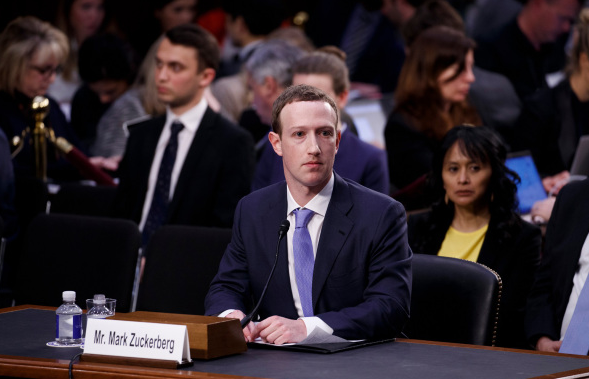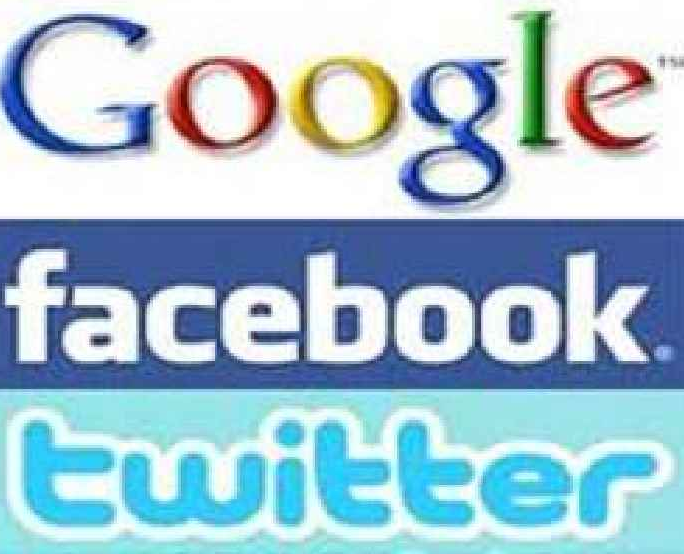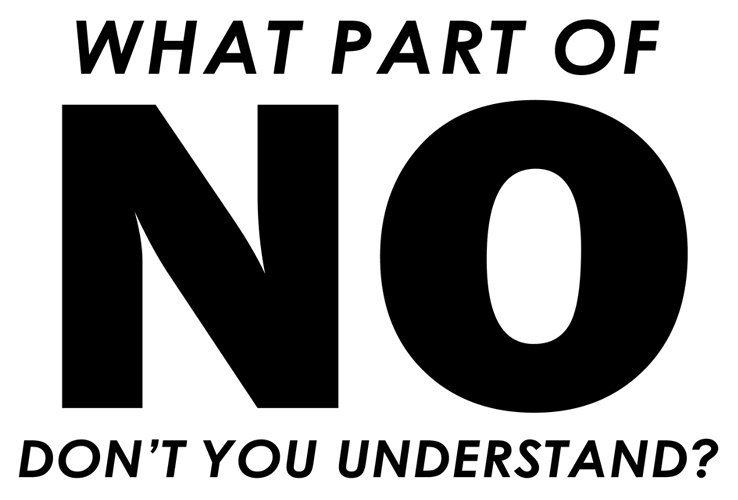Control and Censorship: What Has Big Tech Become?
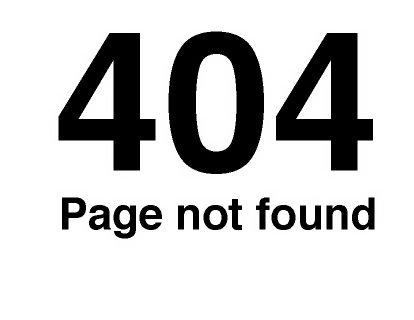
Is there really such a thing as too big to fail? Mark Zuckerberg’s Augustus Caesar syndrome aside, there was a time when the Roman Empire dominated the then civilized world.
Page Not Found
Google, the biggest of the big, did not feel the need to send anyone (Larry Page’s presence was requested) to testify before the Senate Intelligence Committee – an empty seat was left for Page, complete with placard. Yet Google has no problem cooperating with the Chinese government (Google China Prototype Links Searches to Phone Numbers, making it easier for the Chinese government to monitor people’s queries. Ed: and note to Android owners: wonder where they are or have been beta testing).
